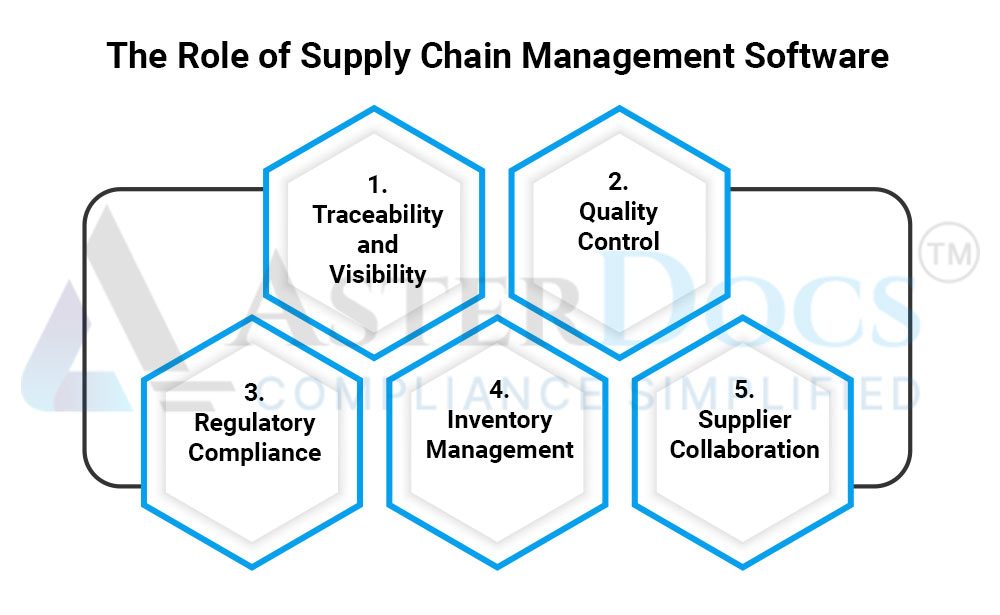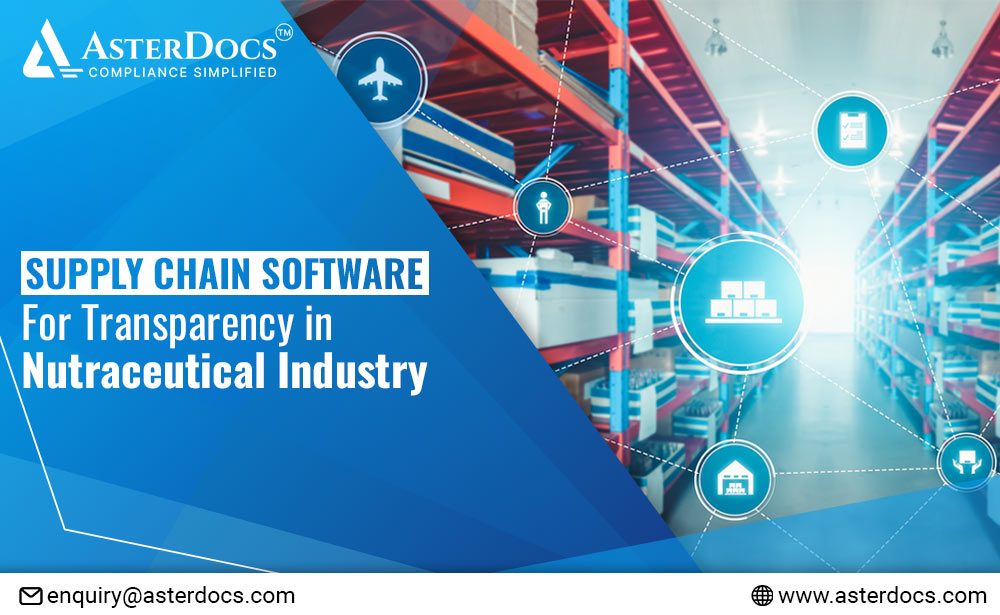In the dynamic and fast-paced world of the nutraceutical industry, ensuring transparency across the supply chain is a paramount concern. The demand for dietary supplements, functional foods, and wellness products has been on the rise, intensifying the need for robust supply chain management. In this context, the integration of advanced supply chain management software emerges as a game-changer, offering solutions to enhance transparency and efficiency.
The Nutraceutical Supply Chain Landscape
The nutraceutical supply chain is intricate, involving various stages from ingredient sourcing and manufacturing to distribution and retail. With consumers placing a premium on product quality, safety, and authenticity, transparency becomes a crucial factor in building trust. The industry faces challenges such as ingredient traceability, compliance with regulations, and the need to adapt to evolving consumer preferences.
The Role of Supply Chain Management Software
Supply chain management software serves as a comprehensive solution to address the complexities of the nutraceutical industry. Here’s how it contributes to enhancing transparency:
Traceability and Visibility: Implementing supply chain software enables end-to-end traceability of ingredients and products. Stakeholders can track every step, from the source of raw materials to the final product on the shelf, gaining real-time visibility as a result.
Quality Control: Nutraceutical products must meet stringent quality standards. Supply chain software facilitates quality control by monitoring factors such as temperature, humidity, and storage conditions. Any deviations from the set parameters can be immediately identified and addressed.
Regulatory Compliance: The nutraceutical industry is subject to a web of regulations. Supply chain software helps in ensuring compliance with regulatory requirements, from ingredient specifications to labeling and documentation. This proactive approach minimizes the risk of regulatory issues.

Inventory Management: Efficient inventory management is critical to preventing stockouts or excess inventory. Supply chain software optimizes inventory levels, reduces carrying costs, and ensures that products are available when and where they are needed.
Supplier Collaboration: Collaboration with suppliers is fundamental in the nutraceutical supply chain. Software solutions facilitate seamless communication between manufacturers and suppliers, fostering a collaborative environment. This ensures that suppliers adhere to quality standards and delivery schedules.
The Advantages of Transparency
Enhancing transparency in the nutraceutical supply chain offers numerous advantages:
Consumer Trust: Transparent supply chains build trust among consumers. When they are informed about the journey of a product from its origin to their hands, it instills confidence in the brand.
Risk Mitigation: Identifying and addressing issues proactively is crucial in risk management. Transparency allows stakeholders to anticipate challenges and mitigate risks before they escalate.
Brand Reputation: A transparent supply chain contributes to a positive brand image. Brands that prioritize openness and integrity in their operations are likely to be viewed favorably by consumers.
Operational Efficiency: Improved visibility and traceability lead to enhanced operational efficiency. Companies can streamline processes, reduce lead times, and optimize workflows for better overall performance.
Conclusion
In the nutraceutical industry, where consumer well-being is paramount, embracing supply chain management software is not just a technological upgrade but a strategic imperative. The ability to enhance transparency across the supply chain not only meets regulatory requirements but also aligns with the values and expectations of conscious consumers. As the industry continues to evolve, the role of supply chain management software will be pivotal in shaping a transparent, efficient, and resilient nutraceutical supply chain.













